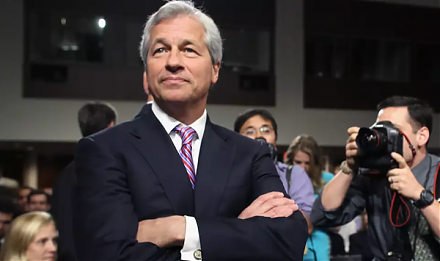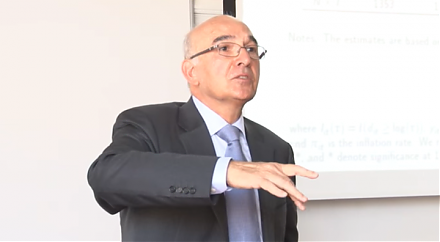

2019-01-10 17:31:00 Thu ET
stock market gold oil stock return s&p 500 asset market stabilization asset price fluctuations stocks bonds currencies commodities funds term spreads credit spreads fair value spreads asset investments
The recent Bristol-Myers Squibb acquisition of American Celgene is the $90 billion biggest biotech deal in history. The resultant biopharma goliath would become an oncology powerhouse with $8 billion blockbuster medications. Celgene share price surges 21% as Bristol-Myers Squibb (BMS) announces this acquisition. When the deal closes, Celgene shareholders would receive one BMS share, $50 in cash for each Celgene share, and one tradeable contingent value right for each share of Celgene. This contingent value right entitles its holder to gain a one-time potential payment of $9 in cash upon FDA approval of all 3 main medications of ozanimod (31 December 2020), liso-cel (31 December 2020) and bb2121 (31 March 2021).
BMS already owns a rich portfolio of blockbuster medications. These medications include the top-selling PD-1 checkpoint inhibitor Opdivo, the leukemia drug Sprycel, the melanoma drug Yervoy, the multiple-myeloma drugs Revlimid and Pomalyst, and the pancreatic cancer medicine Abraxane. These medications generate about $5.9 billion revenue in 2018Q3. These landmark medications position BMS as the market-share leader in immune-oncology and hematology.
The BMS specialty market niche and patent portfolio collectively create competitive moats for the new biopharma goliath in comparison to Johnson & Johnson, Merck, Pfizer, Roche, and Novartis etc.
If any of our AYA Analytica financial health memos (FHM), blog posts, ebooks, newsletters, and notifications etc, or any other form of online content curation, involves potential copyright concerns, please feel free to contact us at service@ayafintech.network so that we can remove relevant content in response to any such request within a reasonable time frame.
2018-01-12 07:37:00 Friday ET

The Economist delves into the modern perils of tech titans such as Apple, Amazon, Facebook, and Google. These key tech titans often receive plaudits for mak
2023-11-30 08:29:00 Thursday ET

In addition to the OECD bank-credit-card model and Chinese online payment platforms, the open-payments gateways of UPI in India and Pix in Brazil have adapt
2018-09-30 14:34:00 Sunday ET

Goldman, JPMorgan, Bank of America, Credit Suisse, Morgan Stanley, and UBS face an antitrust lawsuit. In this lawsuit, a U.S. judge alleges the illegal cons
2019-06-03 11:31:00 Monday ET

The Sino-U.S. trade war may be the Thucydides trap or a clash of Caucasian and non-Caucasian civilizations. The proverbial Thucydides trap refers to the his
2020-09-15 08:38:00 Tuesday ET

Macro eigenvalue volatility helps predict some recent episodes of high economic policy uncertainty, recession risk, or rare events such as the recent rampan
2019-10-27 17:37:00 Sunday ET

International climate change can cause an adverse impact on long-term real GDP economic growth. USC climate change economist Hashem Pesaran and his co-autho